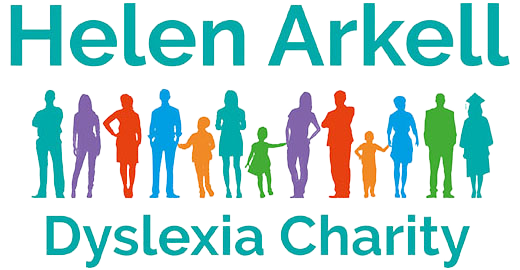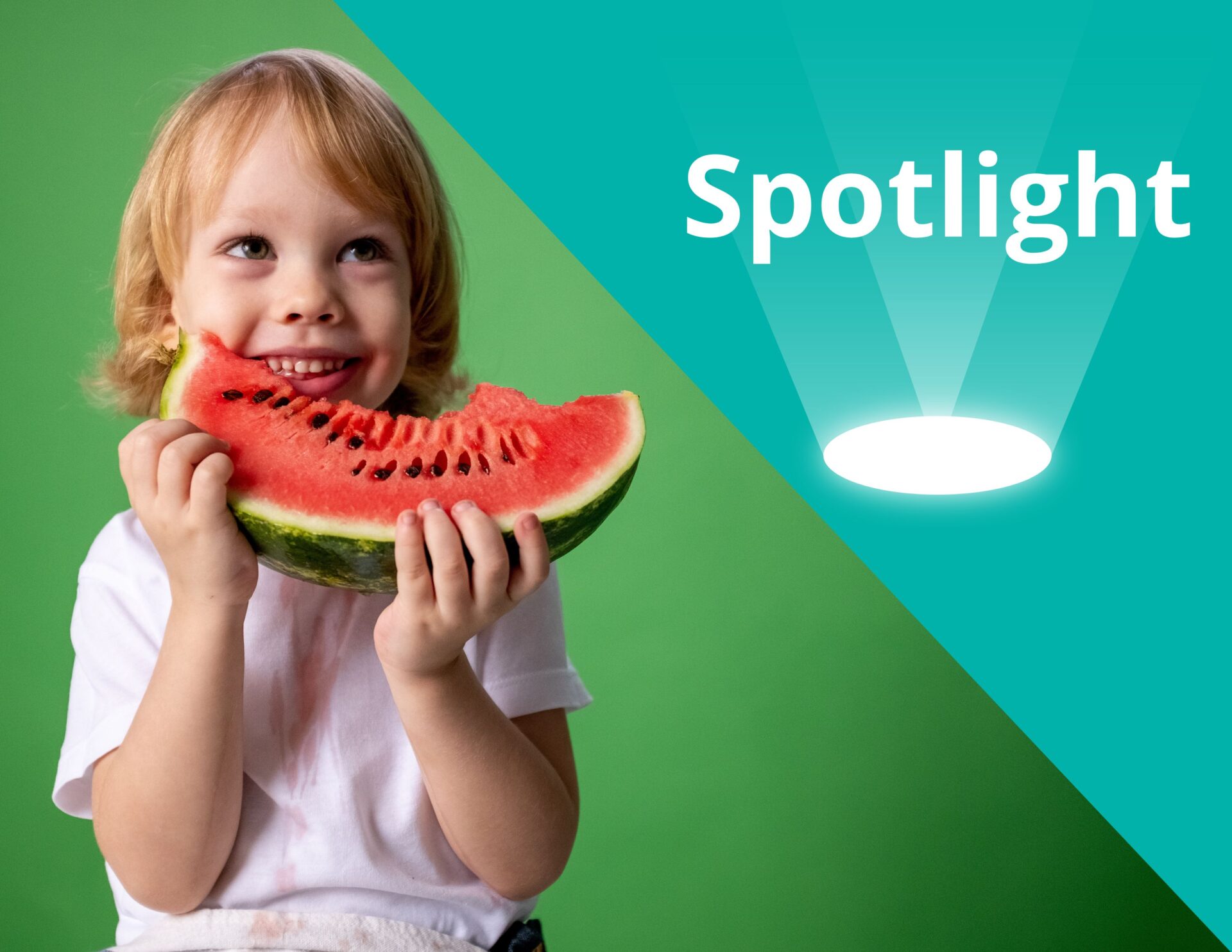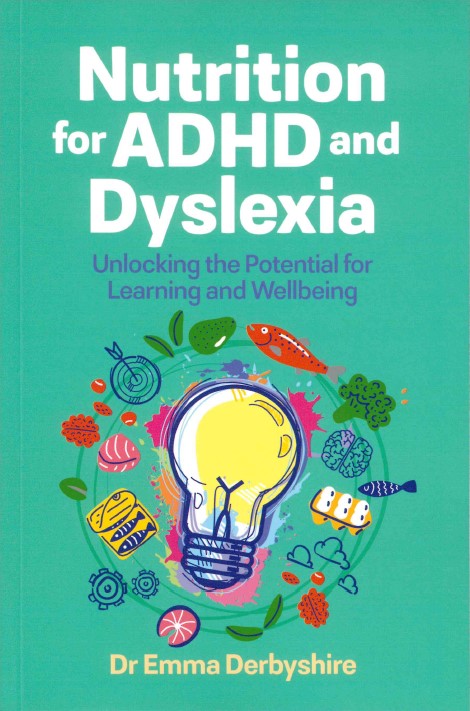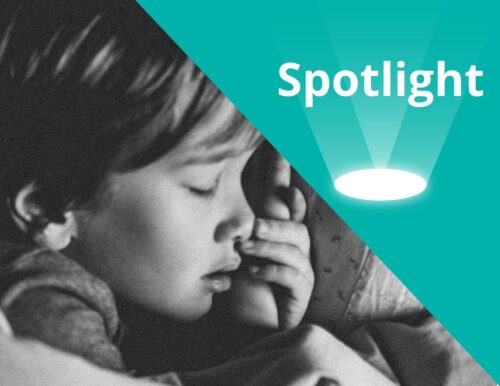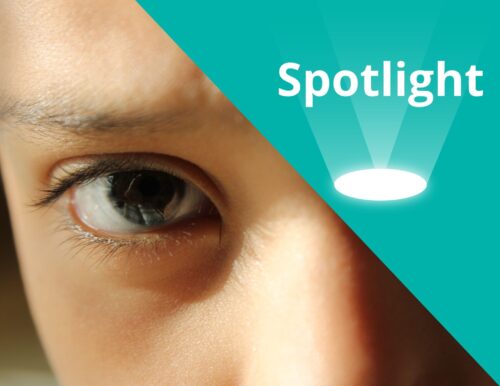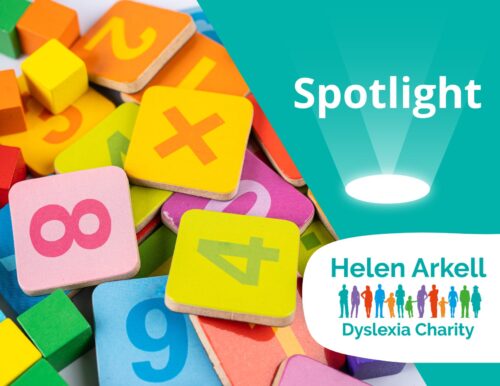Description
– This is a 1 hour recorded session available on demand –
In 2025, Emma published Nutrition for ADHD and Dyslexia – an accessible book full of recipes, case studies, and clear take-home pointers to support ADHD and dyslexic brain health. More details about the book and how to purchase can be found here.
Links between ADHD, autism and the potential role(s) of nutrition are relatively well documented. Less is known about how nutrition could be of benefit to individuals with dyslexia. This presentation from Dr Emma Derbyshire first steps back and takes a look at the in-utero environment and discusses the role of the ‘first 1,000 days’. It then looks at the evidence base later in life, in terms of where we are with nutrition at the moment and how nutrition could help to facilitate brain function which could be of particular benefit to children and teens with dyslexia.
In this session, Emma looks at:
- The role of the in-utero environment and brain development
- Where we are up to with nutrition in children and teens
- The evidence base for some key nutrients and brain function
- Some nutrition considerations and recommendations
About Dr Emma Derbyshire
Dr Emma Derbyshire, BSc (Hons), PhD, PGCHE, Registered Public Health Nutritionist, SpLD (Level 5) and Director of Nutritional Insight.
Emma has a degree in Nutritional Biochemistry, PhD in Human Nutrition specialising in Maternal Nutrition and is a Registered Public Health Nutritionist. She is an established scientist, avid writer, and presenter. She is currently the UK lead on publications related to the brain nutrient ‘choline’.
Emma has established experience working in academic, research and consultancy settings. She has written over 150 peer-reviewed publications and authored the Wiley-Blackwell text Nutrition in the Childbearing Years which sold internationally. Emma worked with James Wong, conducting the research for his book How to Eat Better which reached number one on Amazon books. More recently, Emma has written Nutrition for ADHD and Dyslexia, this is available through our website.
Emma enjoys writing impactful publications including those related to nutrition and neurodiversity. She has presented regularly at the Attention Deficient Hyperactivity Disorder (ADHD) Foundation Conferences which is what captivated her interest in this particular field. There is a strong body of evidence looking at the role(s) of nutrition in ADHD but less information is communicated about the potential roles that optimising the diet could play in supporting dyslexia.
Last year she presented at the European Society of Gynaecology conference on Choline and Fetal Brain Health. She has undertaken the Helen Arkell Level 5 Diploma Dyslexia in Teaching Learners with Dyslexia and SpLDs and is completing the Helen Arkell Level 7 Diploma in Teaching and Assessing Learners with Dyslexia and SpLDs.
Accessing our on-demand courses
Please note that we are trialling a different way of sharing our content:
 When you purchase an on-demand course, you will receive an automated email from us with various links (make sure to check your junk box!). Pressing the links under the heading Download will allow you to download 1. the course handout(s) and 2. an ‘Accessing the Recording’ document. You will have 1 month from date of purchase to download these documents.
When you purchase an on-demand course, you will receive an automated email from us with various links (make sure to check your junk box!). Pressing the links under the heading Download will allow you to download 1. the course handout(s) and 2. an ‘Accessing the Recording’ document. You will have 1 month from date of purchase to download these documents.
 The ‘Accessing the Recording’ document contains a link to a very short Zoom registration form (only 4 questions!). Once completed, you will be granted automatic access to the recording. To start watching, you will need the passcode which will be listed in the ‘Accessing the Recording’ document.
The ‘Accessing the Recording’ document contains a link to a very short Zoom registration form (only 4 questions!). Once completed, you will be granted automatic access to the recording. To start watching, you will need the passcode which will be listed in the ‘Accessing the Recording’ document.
You can now go ahead and  view the recording. Access to the recording will be available to you for a further month after registration is complete. You can view the recording more than once by clicking the same link you used to register.
view the recording. Access to the recording will be available to you for a further month after registration is complete. You can view the recording more than once by clicking the same link you used to register.
If you have any questions about this process or any other queries, please email courses@helenarkell.org.uk
